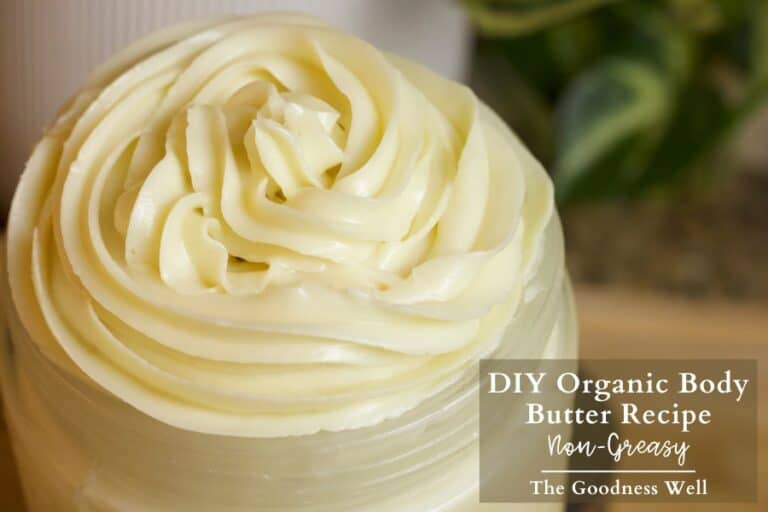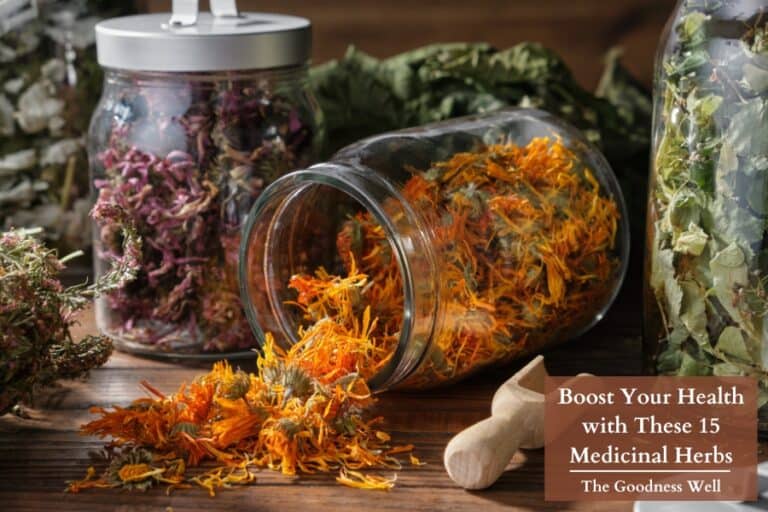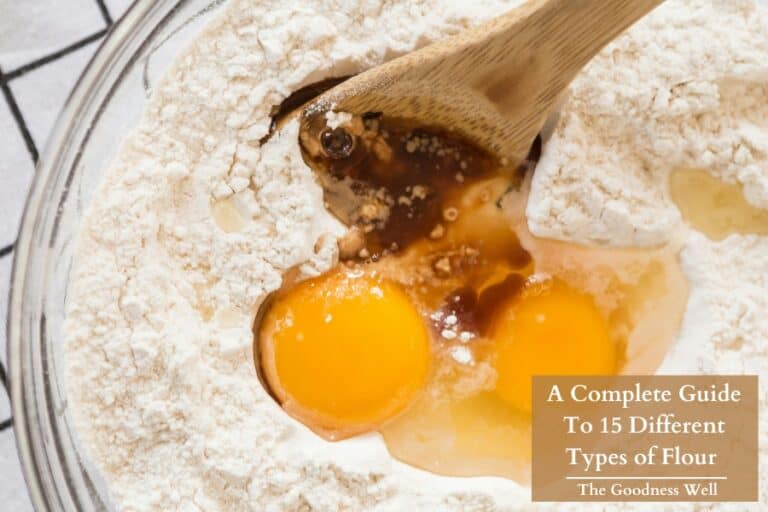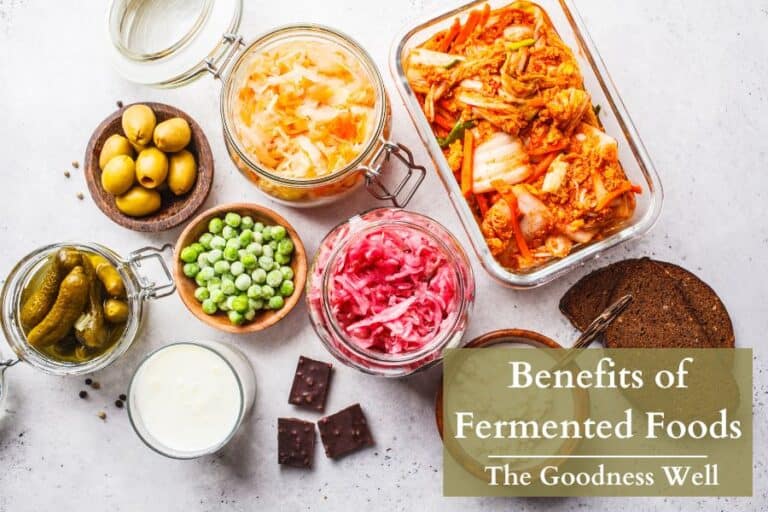Top 7 Herbal Teas for Health and Wellness
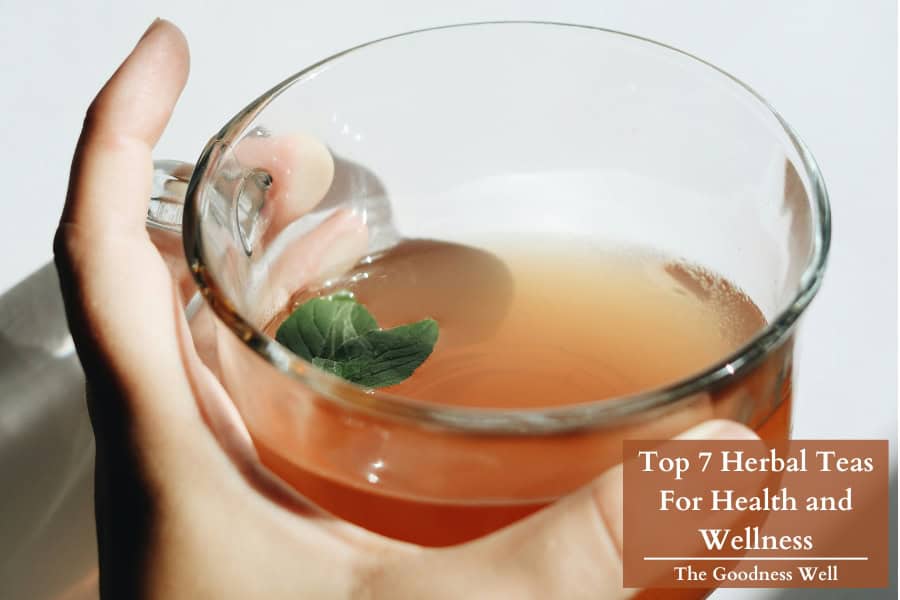
Herbal teas, like many natural remedies, have long been used to heal, treat, and alleviate illnesses and ailments, while providing amazing benefits to human health.
Herbal teas have been around for thousands of years, with origins tracing back to ancient China and Egypt, where they were used for medicinal purposes.
Over time, cultures worldwide have embraced herbal teas pairing them with modern medicine to promote better health.
I myself am a peppermint tea girl, not only is it pleasing to all my senses but like many. herbal teas it does more than just taste good.
In this article, I’m spilling the tea about 7 herbal teas that I personally love and believe you need to try for their incredible health and wellmess benefits.
Let’s get into it!
7 Herbal Teas & Their Benefits
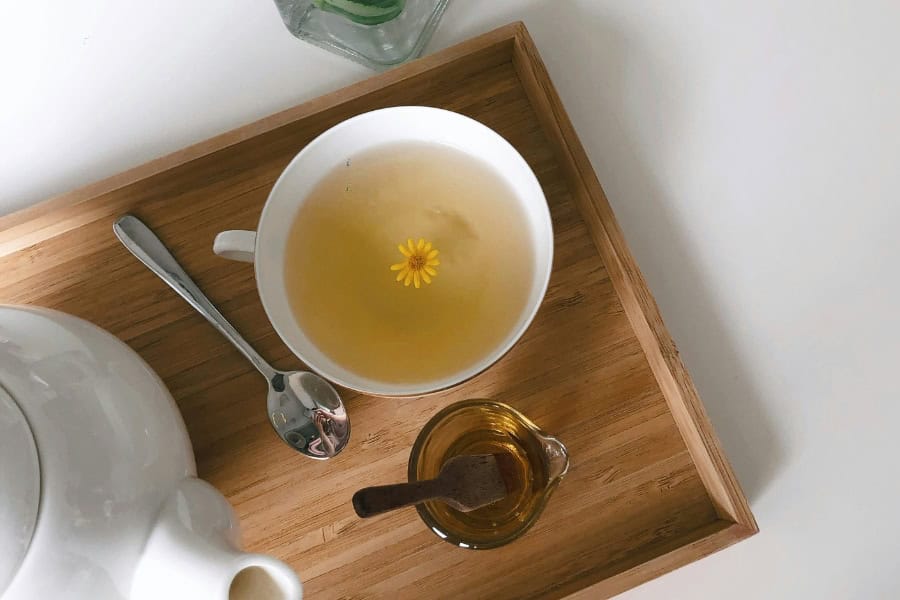
1. Chamomile Tea
For those days when you need help relaxing or extra help getting to sleep, chamomile tea is the perfect tea to keep on hand.
Chamomile is one of the most ancient medicinal herbs.
Its dried flowers are rich in terpenoids and flavonoids, which give it its well-known therapeutic effects. Chamomile has been used for centuries to treat a wide range of ailments, including anxiety, insomnia, digestive disorders, inflammation, and skin irritations.
Great for:
- Reducing anxiety and stress,
- Promoting better sleep
- Easing digestive issues
- Reducing inflammation
- Soothing skin
- Supporting immune health
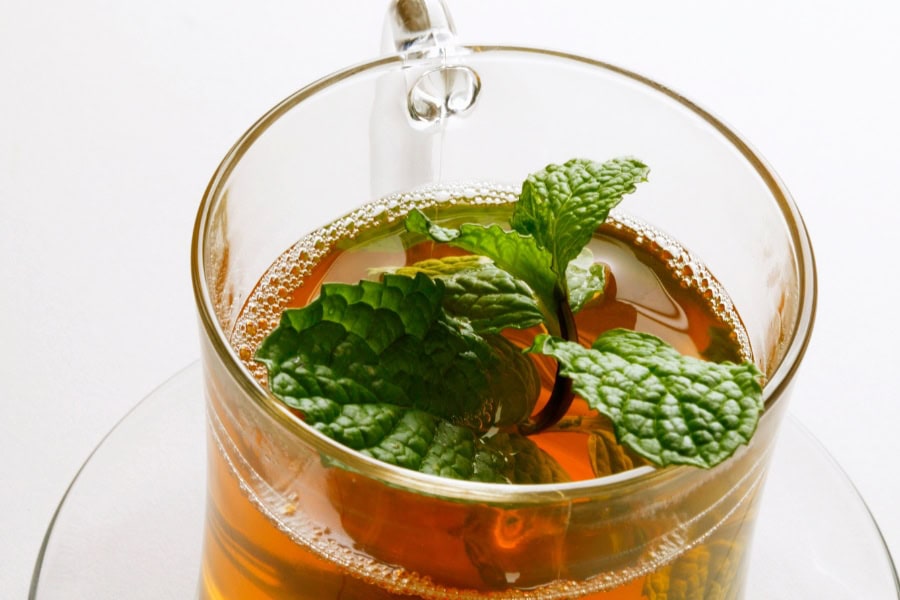
2. Peppermint Tea
When your stomach feels uneasy, peppermint tea can be a refreshing and effective aid.
Peppermint’s menthol content is responsible for its sharp, cooling flavor and its therapeutic effects. This traditional tea has been used in cultures around the world to relieve digestive discomfort.
Great for:
- Relieving digestive issues like bloating and indigestion
- Soothing upset stomach
- Easing cold and flu symptoms
- Promoting fresh breath
- Helping with mild headaches
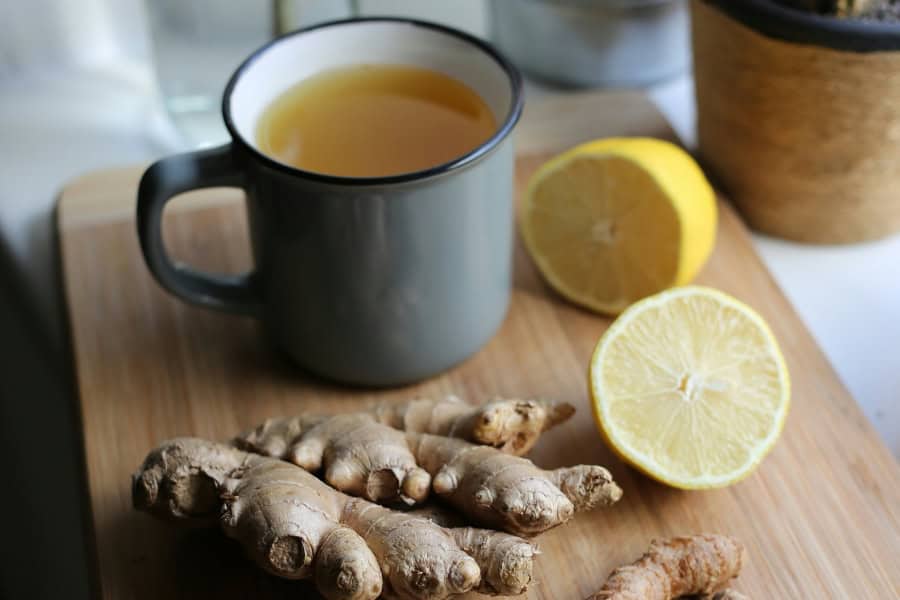
3. Ginger Tea
Ginger tea is widely known for its strong anti-inflammatory properties, making it a go-to remedy.
Clinical research shows that ginger can reduce inflammation and pain, improve digestion, and even support heart health.
Its active compounds, gingerol and shogaol, are responsible for many of its health benefits. Whether you’re managing nausea, inflammation, or metabolic conditions, ginger tea provides a spicy, warming boost to your health.
Great for:
- Reducing inflammation
- Alleviating nausea (including pregnancy-related nausea)
- Easing muscle pain and soreness
- Supporting digestive health
- Promoting cardiovascular health
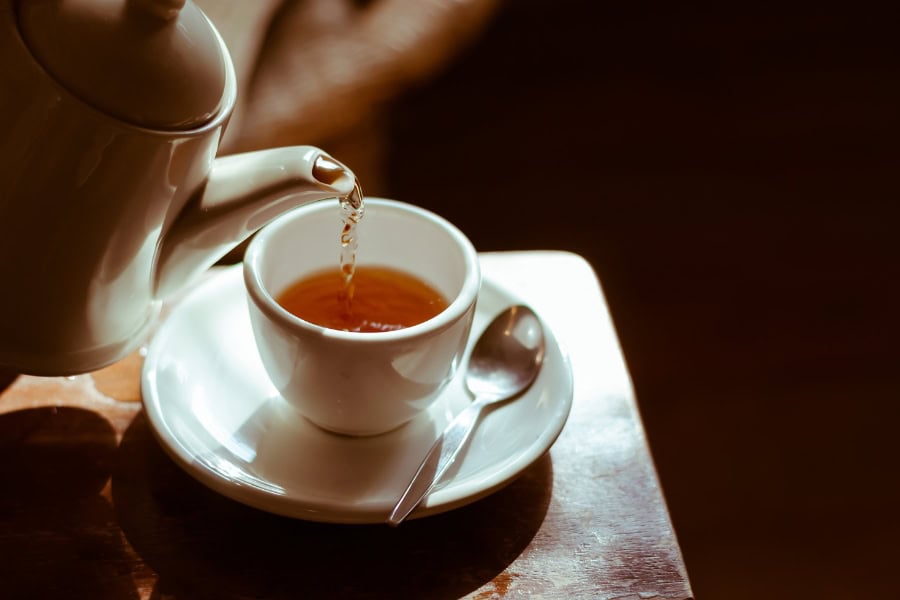
4. Rooibos Tea
Rooibos tea is caffeine-free and loaded with antioxidants, making it a popular choice for those seeking to reduce oxidative stress.
This red tea, native to South Africa, is rich in polyphenols, which help fight free radicals and reduce inflammation.
Great for:
- Providing antioxidant protection
- Reducing inflammation
- Supporting heart health
- Promoting better digestion
- Boosting skin health
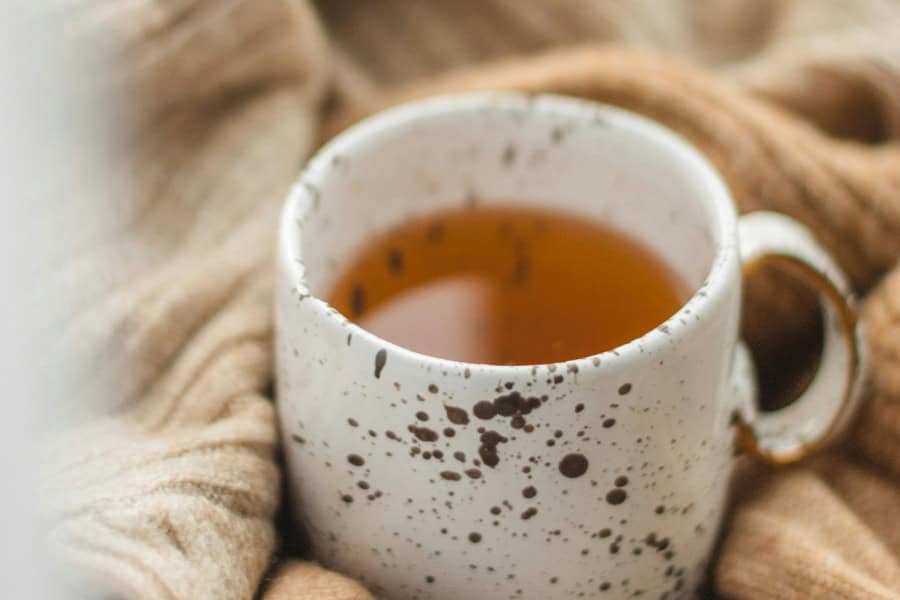
5. Echinacea Tea
Echinacea tea has long been used to support the immune system and ward off colds and infections. Known for its powerful immune-boosting properties, echinacea contains compounds that may increase white blood cell activity, helping the body fight off infections more effectively.
This herbal tea is perfect to have on hand during cold and flu season.
Great for:
- Boosting the immune system
- Shortening the duration of colds
- Reducing the risk of upper respiratory infections
- Easing cold and flu symptoms
- Supporting overall wellness
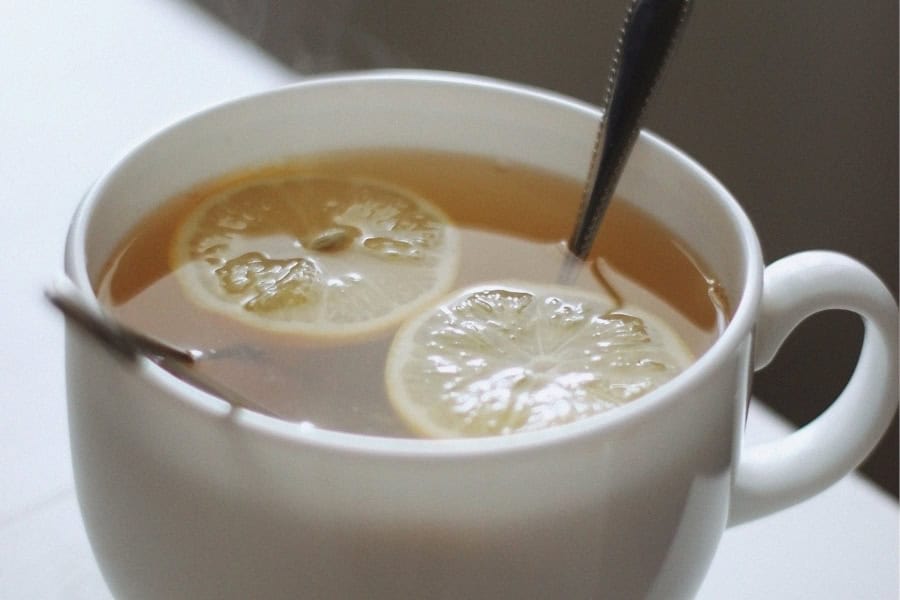
6. Lemon Balm Tea
Lemon balm tea is cherished for its calming and mood-enhancing properties.
With a mild lemony flavor, it has been used for centuries to reduce anxiety, improve sleep, and enhance cognitive function.
It contains rosmarinic acid, which can help calm the nervous system while promoting mental clarity and focus.
Great for:
- Reducing anxiety and stress
- Improving sleep quality
- Enhancing cognitive function
- Boosting mood
- Promoting mental clarity and focus
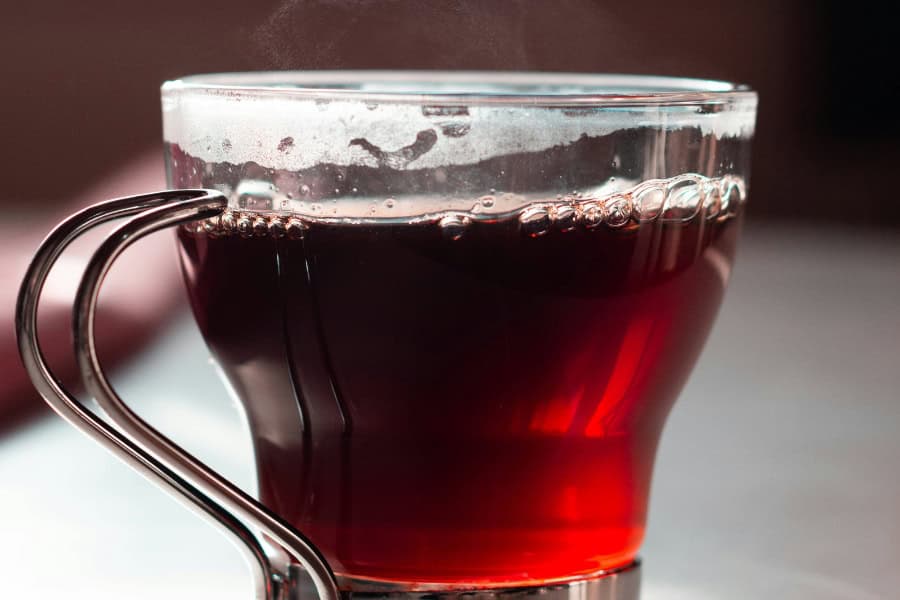
7. Hibiscus Tea
Hibiscus tea is known for its tart, cranberry-like flavor and its vibrant red color. Packed with antioxidants and vitamin C, this tea supports cardiovascular health by lowering blood pressure and cholesterol levels.
It’s also a great choice for hydration due to its electrolyte content.
Great for:
- Supporting heart health
- Lowering blood pressure
- Reducing cholesterol levels
- Promoting hydration
- Boosting antioxidant intake
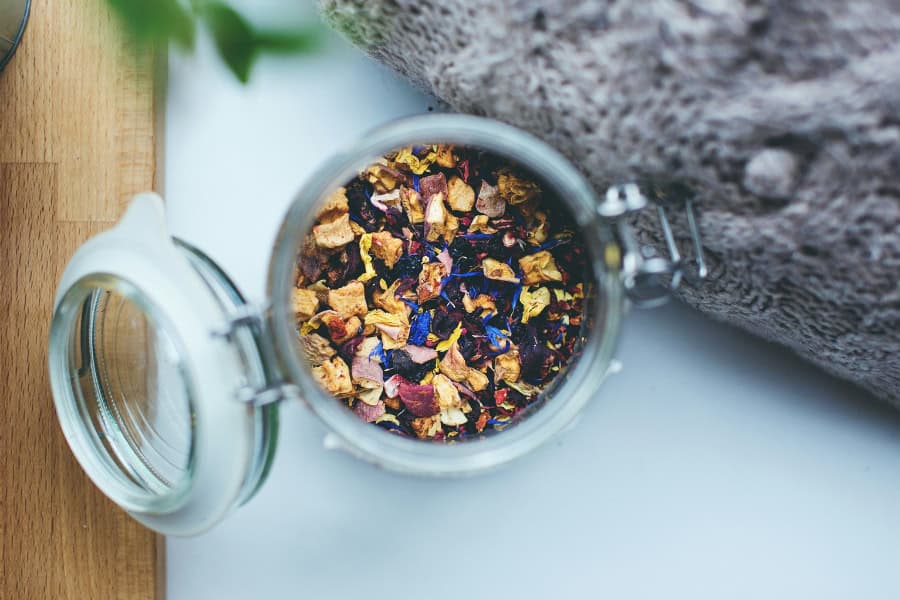
Final Thoughts
The key to reaping the benefits of these teas is making sure your getting high quality loose leaf tea. Try to avoid tea bags that have been packaged and coated in plastics and choose organic tea as often as you can.
These herbal teas have amazing benefits and can help soothe, treat and prevent many illnesses and ailents but never use these teas as a complete replacement to modern medicine in preventative care such as annual checkups with your doctor.
I hope this was helpful and as always thank you so much for reading!🫖

